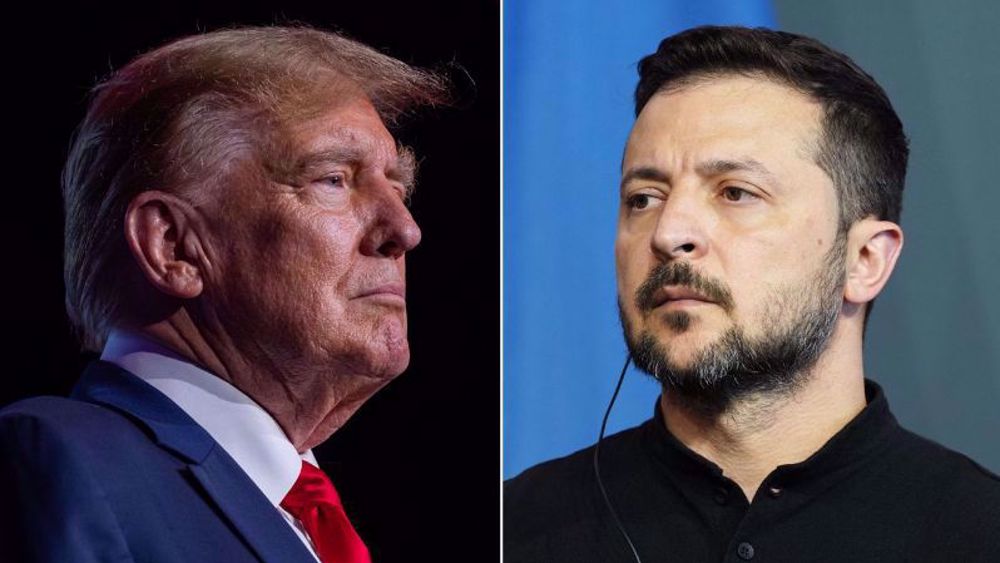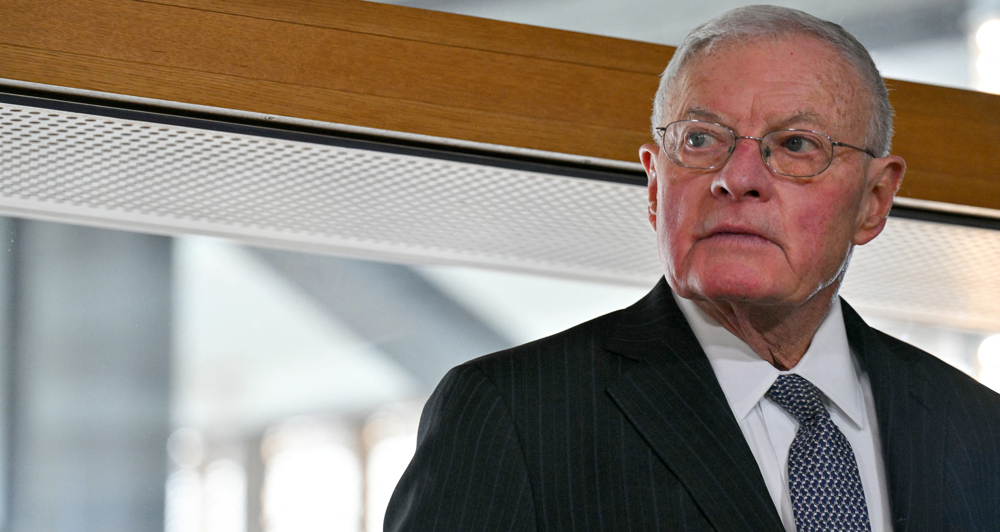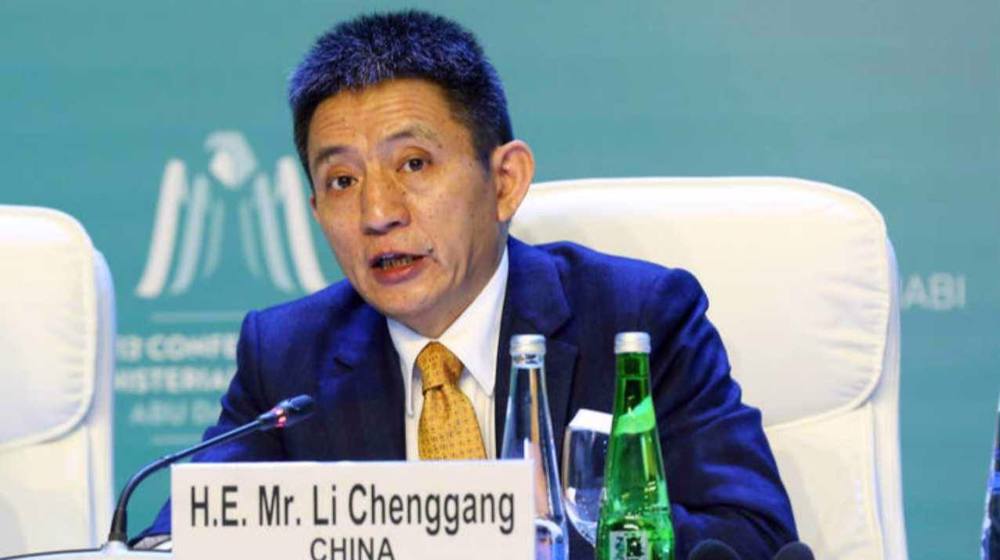Trump imposes hard-hitting economic sanctions on Venezuela
The United States has imposed potentially hard-hitting economic sanctions on Venezuela, barring banks from any new financial dealings with the government or state-run oil company PDVSA.
The White House on Friday announced President Donald Trump had signed an executive order "imposing strong, new financial sanctions” on the government of Venezuela.
"The president's new action prohibits dealings in new debt and equity issued by the government of Venezuela and its state oil company," it said in a statement.
"It also prohibits dealings in certain existing bonds owned by the Venezuelan public sector, as well as dividend payments to the government of Venezuela,” it added.
The White House said that the measures “are carefully calibrated” to deny the government of President Nicolas Maduro “a critical source of financing to maintain its illegitimate rule, protect the United States financial system from complicity in Venezuela’s corruption and in the impoverishment of the Venezuelan people, and allow for humanitarian assistance.”
Maduro vows powerful response
Reacting to the US move, Maduro said that he will respond with "strength and dignity," adding that he would announce measures to combat the "blockade" in a televised appearance later.
"We'll have to endure sacrifices but we must safeguard the country and sovereign motherland in order to break the blockade," the Venezuelan president said on Friday.
US sanctions ‘worst aggression’ against Venezuela

Venezuela’s Foreign Minister Jorge Arreaza denounced the new US sanctions as the "worst aggression" against the Venezuelan people.
He said on Friday that Washington was trying to stoke a humanitarian crisis in the South American nation. He described the US threats as uncivilized policies.
"We don't understand it," Arreaza said after he held talks with UN Secretary General Antonio Guterres.
The new measures announced by the White House prohibit business dealings with the government of Venezuela and its state oil giant, the cash-cow of the country. It also bars dealings in certain existing bonds owned by the Venezuelan public sector.
Venezuela has been reeling from unrest for several months in a crisis caused by political disagreements — including on the formation of the National Constituent Assembly — and shortages of food and medicine and hyperinflation.
The opposition says the government of Maduro is to blame for the crisis, but the government accuses foreign powers and “right-wing terrorists” for the unrest.
Maduro insists that a new constitution is needed “to restore peace,” stop the opposition from carrying out a “coup d’etat,” and address social and economic problems of the country.
He has repeatedly condemned what he calls "imperialist meddling" by the United States.
On Wednesday afternoon, US Vice President Mike Pence said the United States will use “economic and diplomatic power” to restore democracy in Venezuela.
Last week, President Donald Trump told reporters a “military operation, a military option, is certainly something we could pursue” in Venezuela.
The Venezuelan foreign minister said the United States would experience 15 times as many difficulties as it suffered in the Vietnam War if it attacked his country.
The US has already imposed sanctions on Venezuela following the oil-rich nation’s election of the new assembly tasked with rewriting the constitution.
The powerful 545-seat Constituent Assembly, with the principal task of rewriting the 1999 constitution, started its work on Friday, following an election which was held amid a wave of deadly clashes and violence, with protesters attacking polling stations and barricading streets.
At least 125 people have died over the past four months in Venezuela during riots and violent demonstrations against the government.

Trump tells Zelensky to secure peace with Russia or risk losing Ukraine

US special envoy in Kiev amid war of words between Trump, Zelensky

China condemns ‘unilateral and arbitrary’ US tariffs
Greek PM: Europe should ‘wake up,’ reduce reliance on US
Occupied al-Qud archbishop: Palestine will never forget Nasrallah
IRGC begins major Eqtedar drill in eastern Iran
Trump tells Zelensky to secure peace with Russia or risk losing Ukraine
Arrest of Electronic Intifada journalist exposes deep Zionist footprints in Switzerland
Iran, Azerbaijan stress opposition to foreign forces in South Caucasus
VIDEO | Press TV's news headlines
Iranian president wishes health, speedy recovery for Pope Francis


















 This makes it easy to access the Press TV website
This makes it easy to access the Press TV website